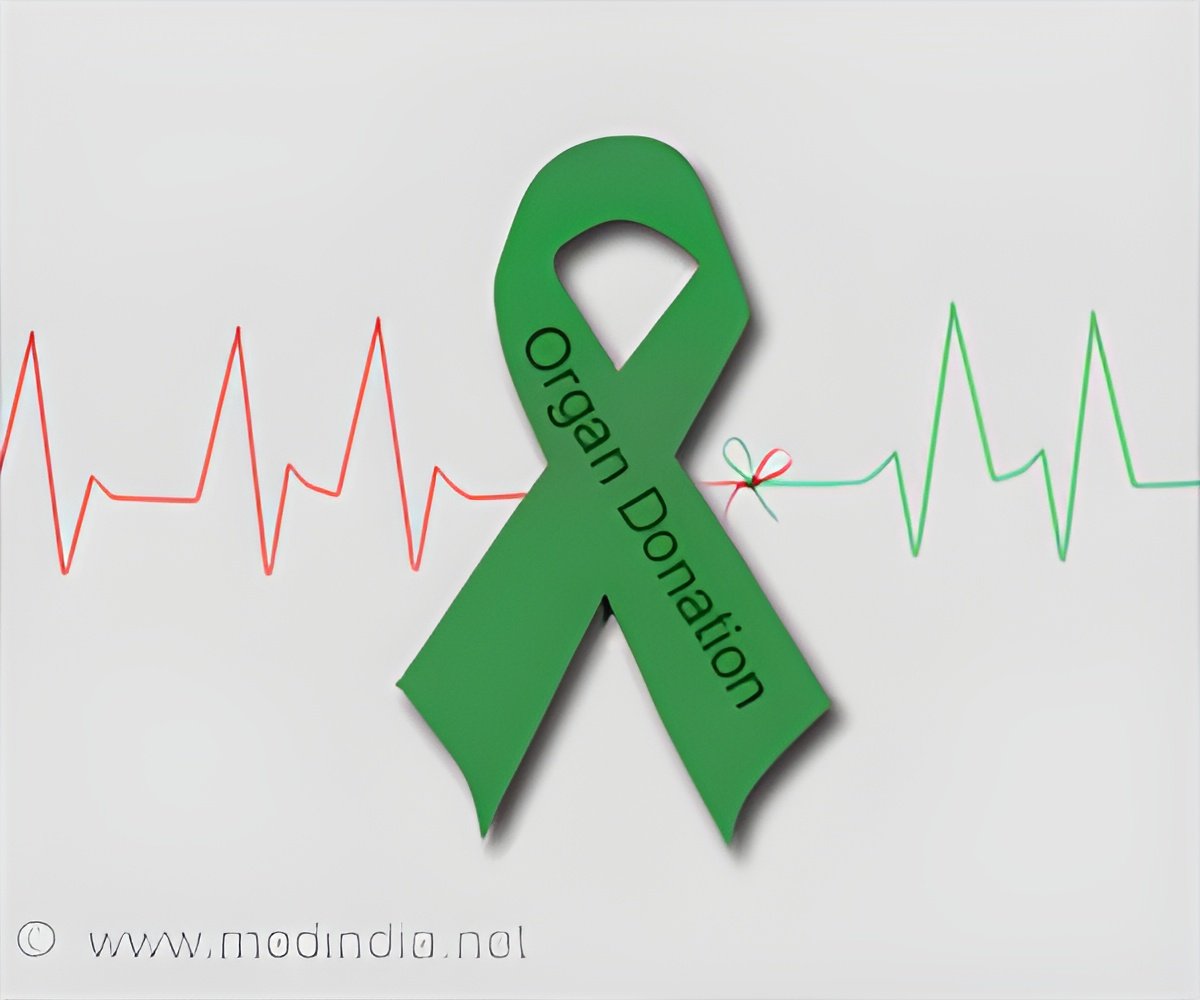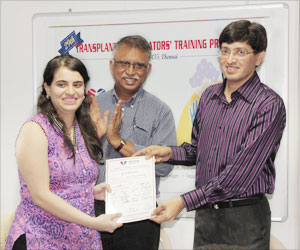In India, religious leaders can be roped in to aware people of the importance of organ donation, as a lot of people do not donate organ considering it a sin.

Dr. Priyanshu Raina, a senior surgeon with the All India Institute of Medical Sciences (AIIMS), said, "The situation globally is much better than in India. The scenario in western countries is better as after the death of the individuals the state becomes the custodian of the dead body. This helps them take out the organ so that they can be transplanted to a needy person's body."
The Organ Retrieval Banking Organization of AIIMS revealed that over 22,500 people across the country have registered since 2010 to donate their organs after their death. Dr. Raina also said, "In a country like India religious leaders can be roped in to aware people of the importance of organ donation, as a lot of people do not donate organ considering it a sin."
Dr. Reetu Sahani of Kolkata-based Down Town hospital said, "Only formulation of norms for organ donation can solve the solution. Even if an individual agrees to donate his organ, the relatives refuse to donate his organs after his death, which is a colossal barrier."
Source-IANS









